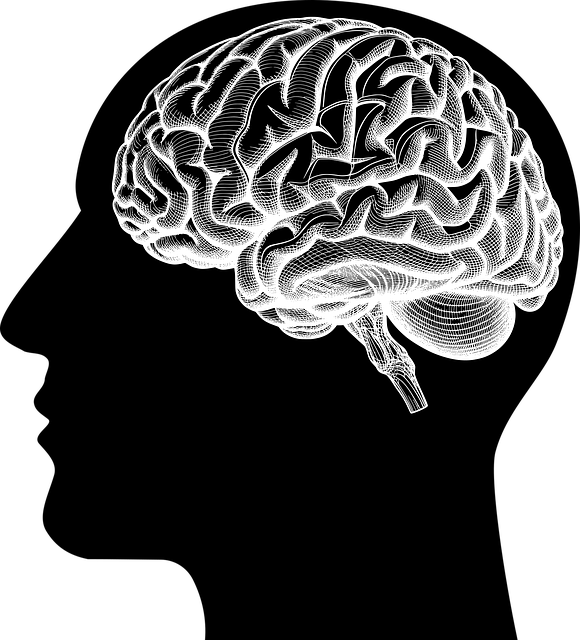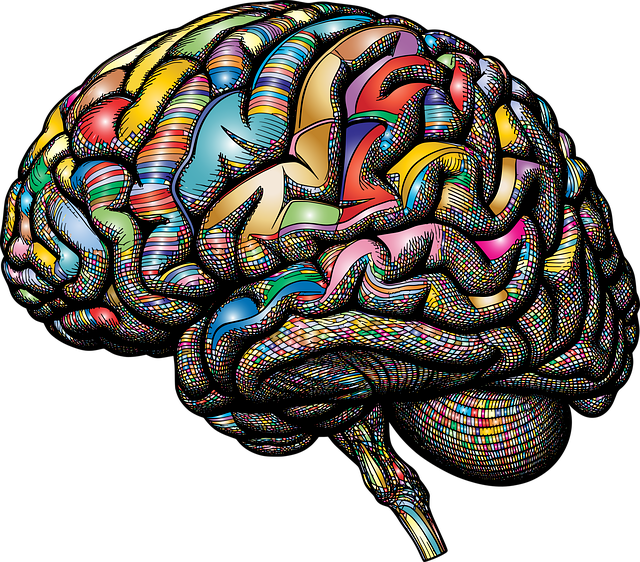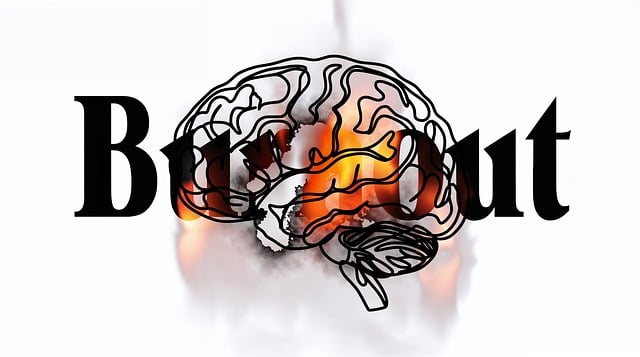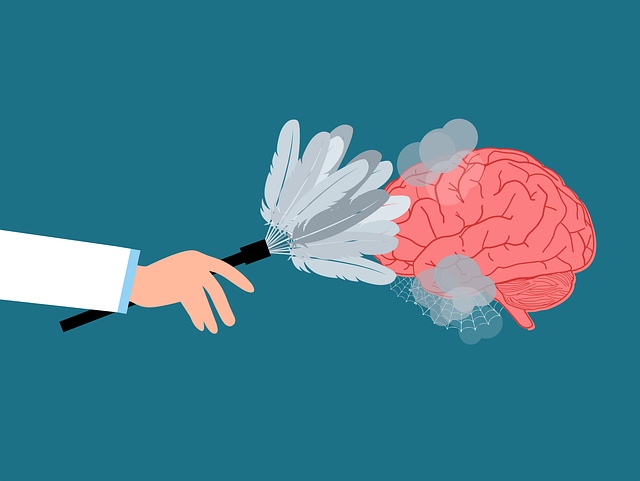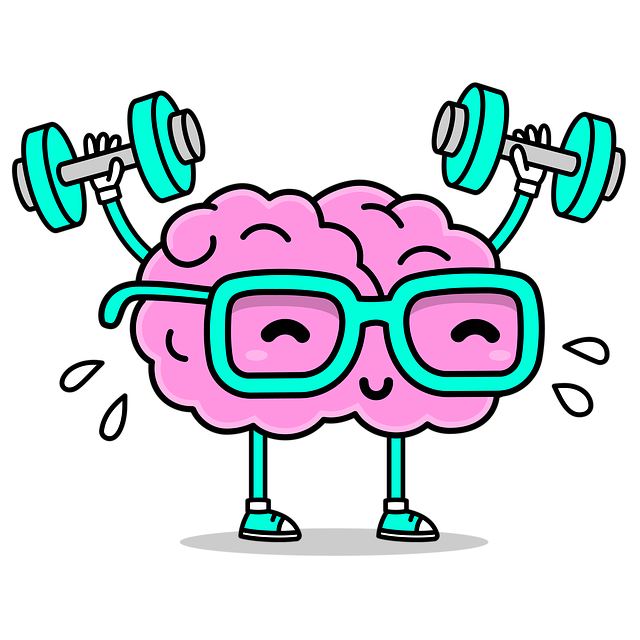Mental health conditions often impact social skills, leading to isolation. Denver Adolescent and Teen Therapy offers specialized SST (Social Skills Training) to empower teens aged 13-18 with tools for emotional regulation, stress management, and confidence-building. Through evidence-based methods, including CBT, role-playing, and group discussions, therapists help improve communication, empathy, and problem-solving skills, breaking the cycle of isolation and enhancing overall well-being. Beyond therapy sessions, they provide podcasts, workshops, and community outreach to foster resilience and effective mental health management.
Social skills training is a powerful tool in supporting adolescents with mental health conditions. This comprehensive guide explores how these skills are significantly affected by various mental health issues, emphasizing the need for specialized therapy approaches. We delve into the specific role of social skills training in teen therapy, offering insights from Denver Adolescent and Teen Therapy experts. Additionally, practical strategies are outlined to foster effective development, catering to the unique needs of adolescents navigating their mental health journeys.
- Understanding the Impact of Mental Health on Social Skills
- The Role of Social Skills Training in Teen Therapy
- Strategies for Effective Social Skills Development in Adolescents
Understanding the Impact of Mental Health on Social Skills

Mental health conditions can significantly impact an individual’s social skills, often creating a vicious cycle where social isolation exacerbates symptoms and hinders recovery. Conditions like anxiety, depression, and bipolar disorder can make simple social interactions challenging. For adolescents and teens in Denver, teen therapy services are invaluable in addressing these issues.
Social skills training becomes a crucial component of comprehensive treatment, targeting the emotional regulation, stress management, and confidence-boosting techniques necessary for successful social engagement. By understanding the unique challenges presented by mental health conditions, therapists can tailor interventions to support individuals in developing essential communication, empathy, and problem-solving skills, fostering healthier relationships and improving overall well-being.
The Role of Social Skills Training in Teen Therapy

Social Skills Training (SST) plays a pivotal role in Denver Adolescent and Teen Therapy, offering a structured approach to enhancing communication and interpersonal abilities often challenged by mental health conditions. Through SST, teenagers gain essential tools for navigating social environments, improving self-esteem, and fostering meaningful connections. This therapeutic technique is particularly beneficial for teens dealing with anxiety, depression, or social phobias, as it helps them develop coping strategies to interact confidently with peers.
Incorporating Self-Awareness Exercises into SST allows therapists to guide adolescents in understanding their emotions, triggers, and behaviors. This increased self-awareness fosters a sense of agency and empowers teens to make positive choices. Moreover, integrating Risk Assessment for Mental Health Professionals ensures that potential risks or warning signs are promptly identified, enabling early intervention. By combining SST with exercises that promote Inner Strength Development, Denver therapists equip teenagers with resilience, empowering them to overcome challenges and lead fulfilling lives.
Strategies for Effective Social Skills Development in Adolescents

Social skills training is a crucial component of holistic mental health care for adolescents. At Denver Adolescent and Teen Therapy, we employ evidence-based strategies tailored to each individual’s unique needs. Our approach combines cognitive behavioral therapy techniques with role-playing exercises and group discussions to foster effective communication, empathy, and conflict resolution. We believe in empowering teens to navigate social situations confidently, thereby enhancing their mental wellness.
In our Mental Wellness Podcast Series Production, we explore various aspects of adolescent development, including strategies for Depression Prevention. Through interactive workshops and the Community Outreach Program Implementation, we extend our support beyond therapy sessions. These initiatives aim to create a supportive environment where adolescents can build resilience, strengthen social connections, and learn to manage their mental health effectively in their daily lives.
Social skills training is a powerful tool in Denver adolescent and teen therapy, addressing a critical aspect of mental health support. By implementing evidence-based strategies outlined in this article, therapists can significantly enhance the social well-being of young individuals, fostering healthier relationships and improved overall mental health outcomes. This tailored approach to teen therapy recognizes the profound impact of social skills on an adolescent’s daily life and future success.
